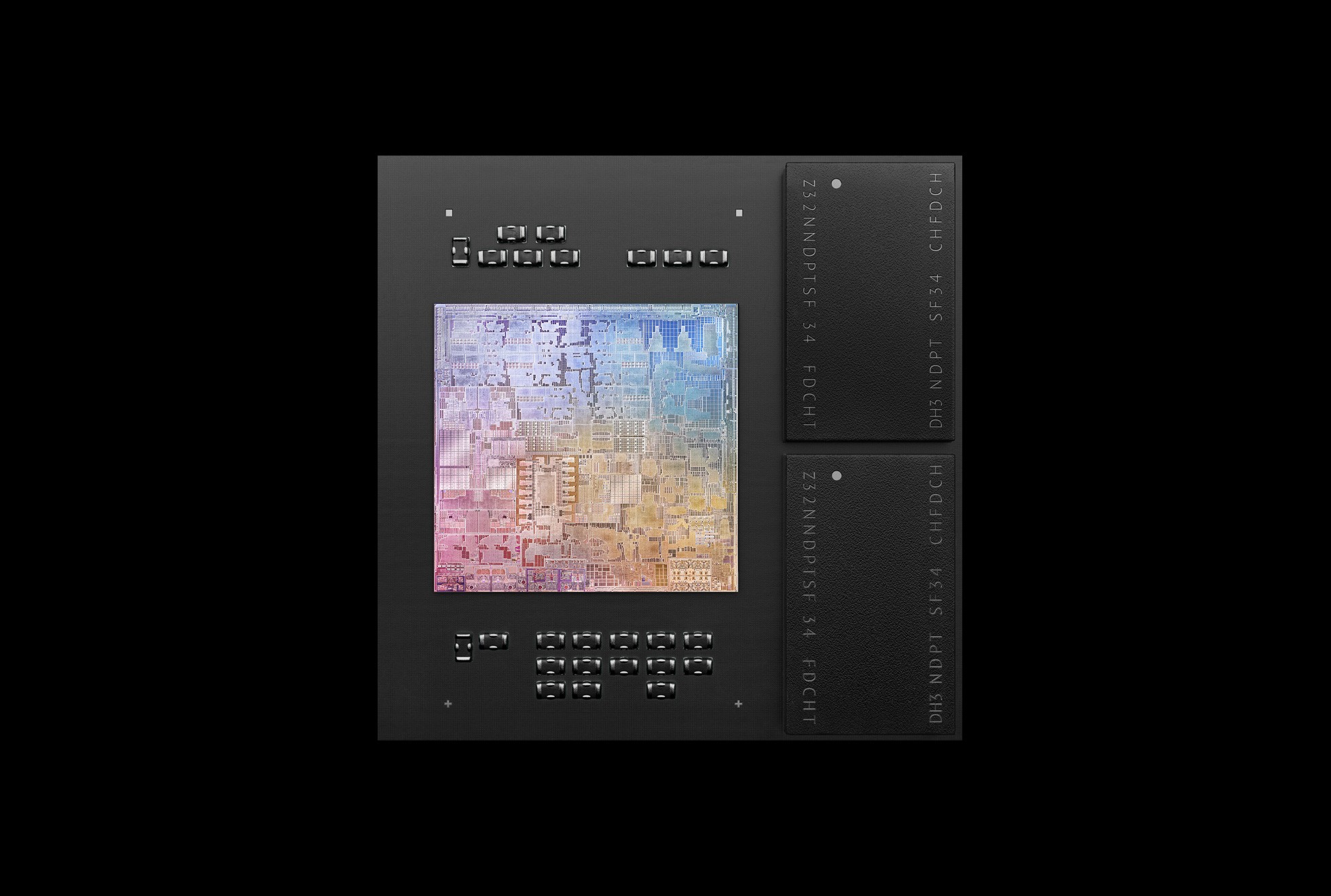Finally, the latest update to ubiquitous open-source media player VLC is here, and it comes with native support for Apple silicon Mac computers — the new versions of the MacBook Pro, the MacBook Air, and the Mac mini with Apple’s own M1 processor. VLC 3.0.12 also includes some visual tweaks to bring it further in line with Big Sur, the latest version of macOS.
What is more, Mac apps don’t strictly require native updates to work with the M1 processor, since Apple silicon Macs include Rosetta 2, a translation layer that lets software compiled for x86 processors run surprisingly well on the newer Arm-based hardware. But for an app like VLC, which many users rely on for playback of hefty 4K or 8K video files, the improvements to performance and efficiency could be notable.
Vlc For Mac M1 Download
VLC 3.0.12 is now out!
Support for Apple Silicon (Mac M1) and Big Sur, improvements for DASH, RIST, Bluray support, fixes for macOS audio, Windows GPU, crashes and security issues.https://t.co/3zAr8VgzbLpic.twitter.com/TAU8ayKEBU
- VLC, the open-source multimedia player, has received a substantial update to provide macOS support on M1 Macs. Through its latest VLC 3.0.12 update, the M1 Mini Mac, MacBook Pro, and MacBook Air will be able to run the software. The update also brings some tweaks and fixes for some software issues.
- Jan 19, 2021 VLC, the popular open-source media player, has received an update that brings native support for Apple Silicon M1 Macs. VLC was previously available for Intel-based Macs, and was running fine using.

VLC, the popular open-source media player is available on almost all platforms, and given the recent changes in the Mac lineup with the M1 silicon, the player just got updated with full support. The latest update to ubiquitous open-source media player VLC is here, and it comes with native support for Apple silicon Mac computers — the new versions of the MacBook Pro, the MacBook Air, and the Mac mini with Apple’s own M1 processor. VLC 3.0.12 also includes some visual tweaks to bring it further in line.
As we heard from 9to5Mac, the new VLC isn’t a universal binary, which is to say that the Arm-optimized code isn’t yet included by default. The regular VLC app has to be updated to 3.0.12, then again to 3.0.12.1 on an Apple silicon Mac in order to get the optimized version.
Version 3.0.12 also has some minor features and tweaks for VLC on other platforms, including better Blu-ray tracks support and fixing some crashes when using Direct3D 11 on Windows.
VLC is one of the most popular multi-platform media players, and its macOS version is getting a major update today with full support for M1 Macs. Users can now enjoy VLC running at maximum performance on Apple Silicon Macs.
Having a Mac app compatible with the Apple Silicon platform means that the software can take full advantage of the new hardware with faster performance and also better energy efficiency, which is great for MacBook users.
Vlc Os X M1
VLC 3.0.12 comes with a version ready for M1 Macs (and any future Macs with Apple Silicon chips). In addition, the upgrade also comes with enhancements to work properly on macOS Big Sur, a fix for audio distortions and adaptive streaming resolution, and security improvements.
Vlc App For Mac
Unfortunately, VLC is not yet offered with a universal binary, which means that the app now has two different versions: one for Intel Macs and one for M1 Macs. Once you update the VLC app for macOS to version 3.0.12, you must check for updates again and install version 3.0.12.1 — which is compiled for ARM machines.

VLC is available for free and you can get it through the official VideoLAN website. The mobile version of VLC for iOS is available for free on the App Store.
FTC: We use income earning auto affiliate links.More.
